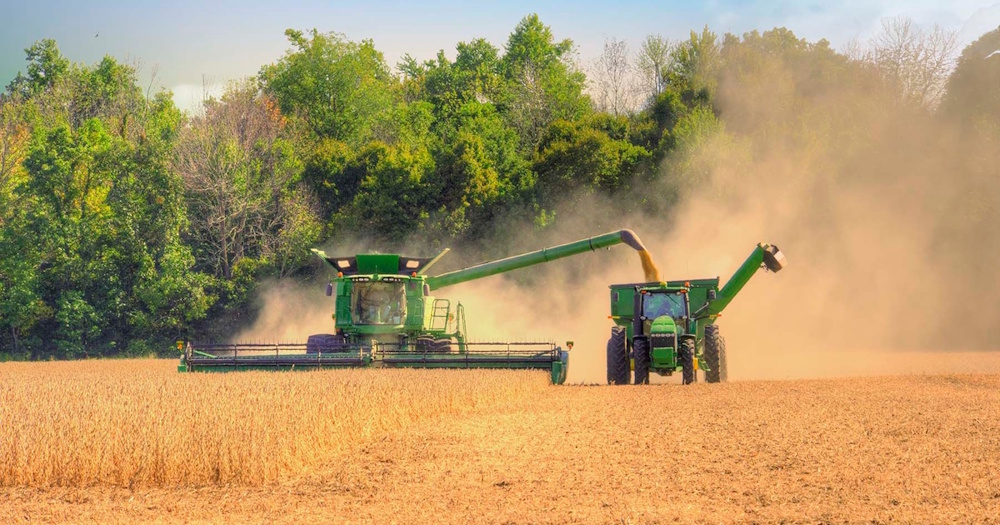
A significant number of American soybean farmers are currently experiencing hardships due to a prolonged effective embargo imposed by China, which is a component of the ongoing global trade conflict. Included in this group is Treasury Secretary Scott Bessent. “I’m actually a soybean farmer,” Bessent stated during an interview over the weekend. “I have experienced this pain as well,” he conveyed to Martha Raddatz. China, traditionally the predominant purchaser of American soybeans, markedly raised tariffs on these legumes in May following the implementation of import levies on Chinese products by President Donald Trump. Since that time, China has refrained from acquiring any American soybeans.
However, the repercussions of that de facto boycott may not be distributed uniformly. A significant number of soybean farmers depend on their harvests as a primary source of income. That does not seem to be the situation for Bessent, whose net worth is estimated by Forbes to be approximately $600 million. Bessent possesses agricultural land dedicated to the cultivation of soybeans and corn throughout North Dakota. The land holds a valuation ranging from $5 million to $25 million and produces an annual income that fluctuates between $100,000 and $1 million, as indicated by the financial disclosure forms submitted prior to his confirmation hearing, which were subsequently amended in May. Treasury Secretary Scott Bessent indicated that soybean farmers are likely to experience positive sentiments following an impending trade announcement with China, although he did not provide a specific timeline for this development. The income is derived “through a revenue sharing agreement, which is tied to the price of the crops produced,” as indicated in his financial disclosure form. The Office of Government Ethics has mandated that Bessent divest from the farmland, along with other disclosed assets deemed potential conflicts of interest, by December 15. “At this point, just 4% of my required divestitures remain, much of which is farmland, an inherently highly illiquid asset,” Bessent stated.
Simultaneously, his attempts to divest soybean-producing farmland may face challenges due to the prevailing trade environment that has depressed soybean prices. “While any amount of money is immaterial compared with the honor of serving the American people, the Secretary has written off or experienced opportunity losses of nearly $100 million since assuming office,” a Treasury spokesperson stated. “As mutually agreed upon between the Secretary, Treasury Ethics, and OGE, he anticipates achieving full compliance by December 15th.” Jake Benike, 36, who cultivates corn and soybeans alongside his father, Gary, on their family’s 1,700-acre farm in Elgin, Minnesota, is also considering a departure from the business, albeit for markedly different reasons. Despite a decline in Chinese clientele, Benike remarked that he did not experience a significant downturn, as favorable weather conditions resulted in an increased volume of bushels available for sale in alternative markets. “However, as we approach decision-making for the upcoming year, the question arises: ‘Have we lost our market?’” he stated. “If this is what the new price is going to be, it’s not particularly attractive to pursue the cultivation of these beans.”
The determination to persist in soybean cultivation, a practice upheld by his family for the past sixty years, is significantly influenced by the results of an imminent, high-stakes meeting between Trump and Chinese President Xi Jinping, as noted by Benike’s wife, Beth, in her conversation. Bessent, who met with Chinese trade negotiators over the weekend, stated, “I believe when the announcement of the deal with China is made public, that our soybean farmers will feel very good about what’s going on both for this season and the coming seasons for several years.” That is not at all reflective of Benike’s current sentiments. “We might have lost our soybean market,” he stated. “I might find myself recounting to my grandchildren that I once cultivated soybeans, a task now predominantly associated with South America.”

